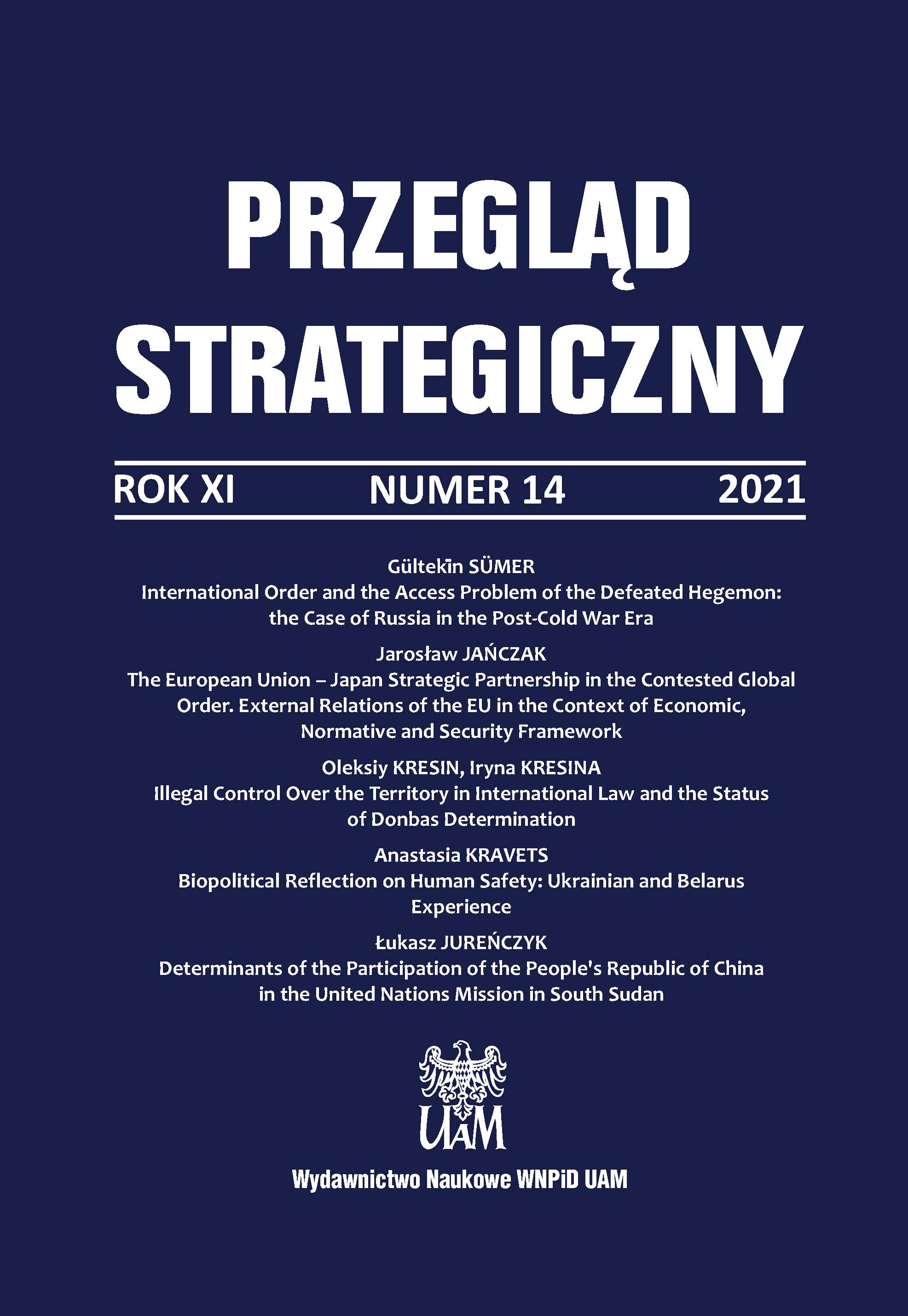Subjectness of Digital Communication in the Context of the Technological Evolution of the Contemporary Society: Threats, Challenges, and Risks
Subjectness of Digital Communication in the Context of the Technological Evolution of the Contemporary Society: Threats, Challenges, and Risks
Author(s): Sergey V. Volodenkov, Sergey FedorchenkoSubject(s): Politics / Political Sciences
Published by: Uniwersytet Adama Mickiewicza
Keywords: the subject of communication; digital communication; mass consciousness; artificial intelligence; neural network algorithms; digital society; the transformation of social practices; hybrid subjectness
Summary/Abstract: The purpose of this article is to identify the risks, threats, and challenges associated with possible social changes in the processes of digitalization of society and transformations of traditional communication practices, which is associated with the emergence of new digital subjects of mass public communication that form the pseudo structure of digital interaction of people. The primary tasks of the work were to identify the potential of artificial intelligence technologies and neural networks in the field of social and political communications, as well as to analyze the features of “smart” communications in terms of their subjectness. As a methodological optics, the work used the method of discourse analysis of scientific research devoted to the implementation and application of artificial intelligence technologies and self-learning neural networks in the processes of social and political digitalization, as well as the method of critical analysis of current communication practices in the socio-political sphere. At the same time, when analyzing the current digitalization practices, the case study method was used. The authors substantiate the thesis that introducing technological solutions based on artificial intelligence algorithms and self-learning neural networks into contemporary processes of socio-political communication creates the potential for a wide range of challenges, threats, and risks, the key of which is the problem of identifying the actual subjects of digital communication acts. The article also discusses the problem of increasing the manipulative potential of “smart” communications, for which the authors used the concepts of cyber simulacrum and information capsule developed by them. The paper shows that artificial intelligence and self-learning neural network algorithms, being increasingly widely introduced into the current practice of contemporary digital communications, form a high potential for information and communication impact on the mass consciousness from technological solutions that no longer require control by operators – humans. As a result, conditions arise to form a hybrid socio-technical reality – a communication reality of a new type with mixed subjectness. The paper also concludes that in the current practices of social interactions in the digital space, a person faces a new phenomenon – interfaceization, within which self-communication stimulates the universalization and standardization of digital behavior, creating, disseminating, strengthening, and imposing special digital rituals. In the article, the authors suggest that digital rituals blur the line between the activity of digital avatars based on artificial intelligence and the activity of actual people, resulting in the potential for a person to lose his own subjectness in the digital communications space.
Journal: Przegląd Strategiczny
- Issue Year: XI/2021
- Issue No: 14
- Page Range: 437-456
- Page Count: 20
- Language: English

